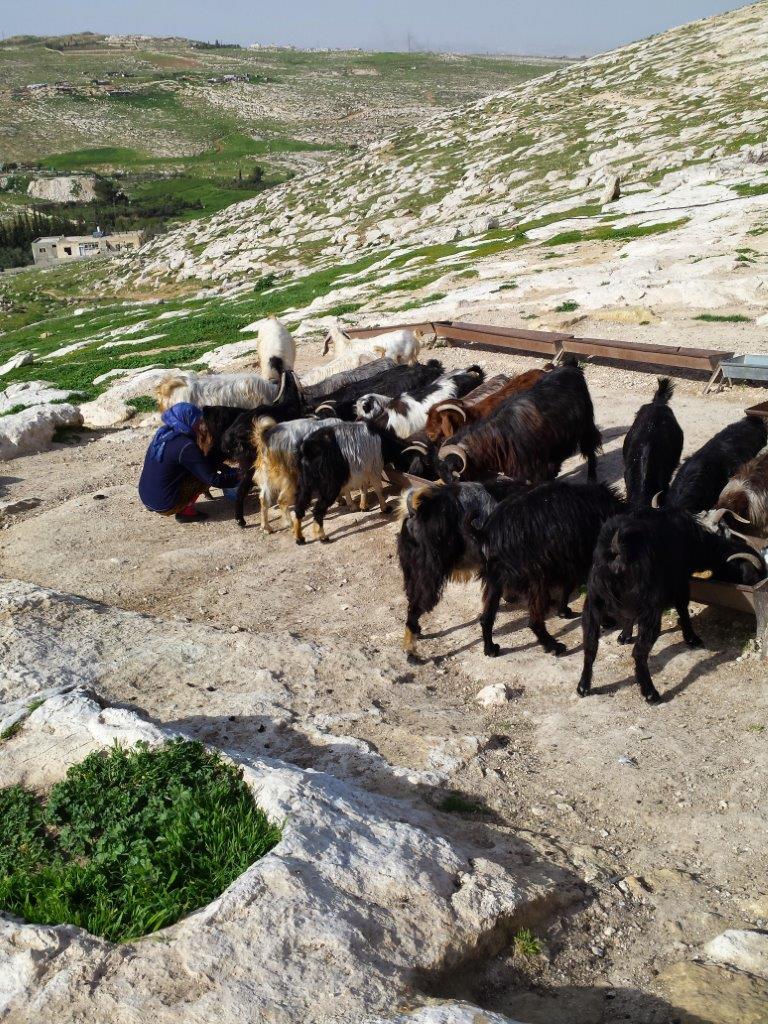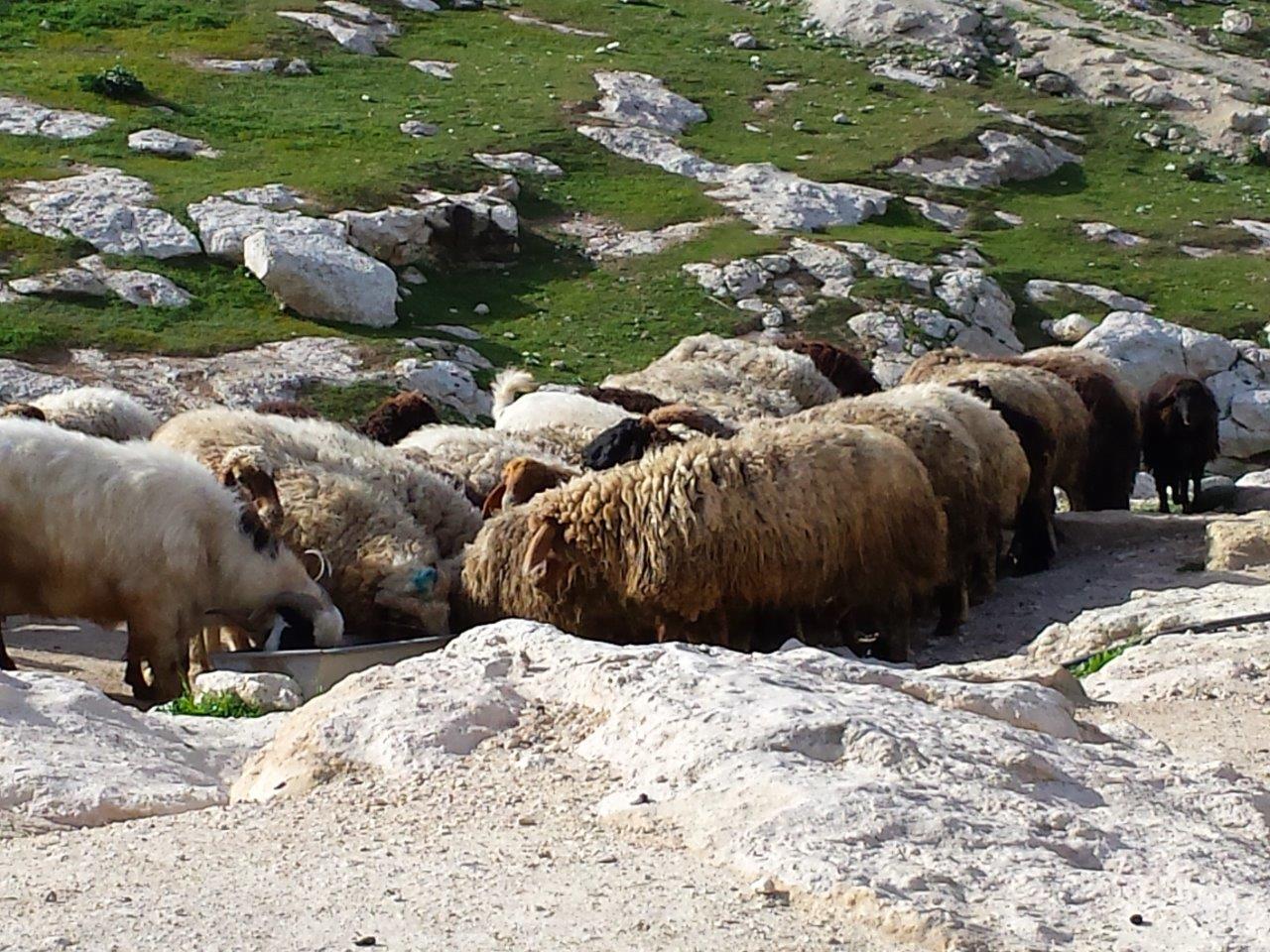
Daniel Weishut, Psy.D.
Following I will pose the research question and provide background relevant for auto-ethnographic research. This will be followed by a description of the research design, which is in line with a recent call for diversifying research ideas in cultural psychology (Jones, 2010). Subsequently, I will share several notes of caution.
Research question
Many aspects of intercultural friendship and of Bedouin culture are worth investigating, but some limits needed to be set. The question that has guided this research throughout is as follows: What are the challenges and opportunities in an intercultural friendship between a Jewish Israeli man of Western-European origin and a Muslim Palestinian man of Bedouin descent?
An autoethnographic case study
It has been suggested that researchers consider among others “the duality of ‘belonging’ (to groups, institutions, society, culture) and ‘uniqueness’ (individuality, difference, intersectionality) and […] identify the ways positive psychological outcomes are achieved in complex multifaceted contexts and the mechanisms that produce them” (Jones, 2010, p. 705). The present study is an attempt to do so, while describing the challenges and the opportunities encountered in a friendship of two unique individuals in the light of their belonging to different cultural groups. I will now provide some background on narrative research, friendship research and case selection, respectively.









